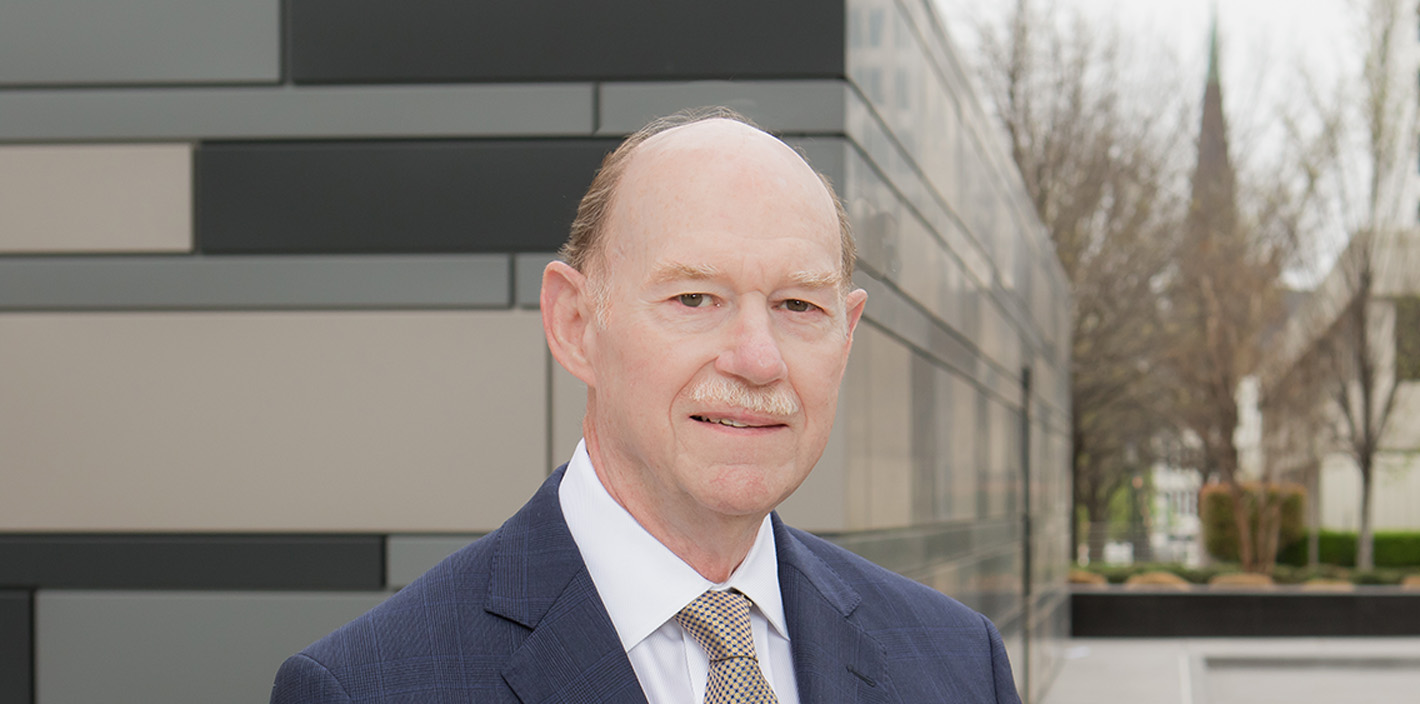Veteran Spotlight: Private and Sergeant John R. Barker

Private and Sergeant John R. Barker
In August 1969, I was set to begin law school. But, as life would have it, I was drafted in one of the last months of the old two-year military service draft. Joining the Army during the Vietnam War was a unique experience, especially with the widespread opposition to the war and the lack of choice for those drafted.
How did your military service shape your view of leadership and teamwork?
I started my basic training as a draftee in October 1969 at Fort Jackson, South Carolina, joining a company of approximately 150 soldiers, only 15% of whom looked like me. Most of the soldiers in my company were from Puerto Rico. After basic training, I was sent to Fort Sill, Oklahoma (this was my first time in Oklahoma) for advanced infantry training, specializing in field artillery and gunnery. All of my company at Fort Sill were recent college graduates drafted into the Army. I then spent a year on a firebase 60-70 miles from the border between Laos and Vietnam. Our Commanding Officer and the majority of men on the firebase were African American or Puerto Rican, which was our first time working closely with people of different racial backgrounds for many of us. This early exposure to diversity proved invaluable in my career and is something I would never have experienced otherwise so early in my development. The military brings together people from all walks of life, teaching us to work together, trust one another, and rely on each other. The training emphasizes setting goals, working to achieve them, and building teamwork. These lessons—and the people I served with—taught me a great deal.
After a year in Vietnam, I returned home and married my wife, Lucy, approximately two weeks after I returned home. I was then transferred to Fort Riley, Kansas, to finish my final three months as a sergeant assigned to the Chief of Staff at the base. I was discharged early to start law school at the University of Michigan in August 1971.
I lost two close friends during my service—people I will never forget. I often think of their families and wonder about their children today.
How can we better support veterans?
Support varies depending on individual needs, but even small gestures, like recognizing or highlighting a veteran like this profile, can make a difference. Having open conversations is helpful too. Initially, I felt uncomfortable when people thanked me for my service, as no one welcomed us back that way. But hearing appreciation for what we went through means a lot.
